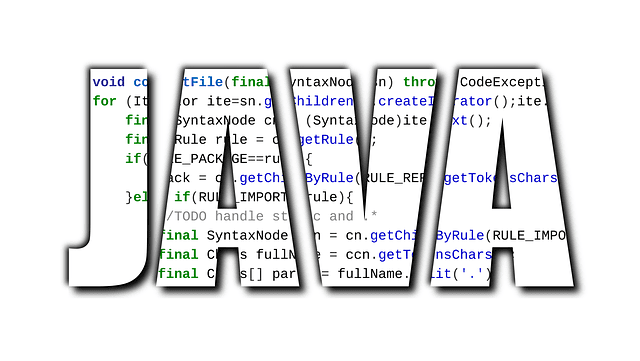An average student should be able to devote 2–3 hours a day to learning Java. If you have no experience and have never learned programming languages before, you will need 12–18 months to become a Java programmer. The key to successful learning lies mainly inconsistency, motivation, a rich database, and, most importantly, a well-thought-out plan. The average Java developer earns more than $50,000 per year, and in the USA, the salaries go as high as $100,000+.
Johnny
A senior Java developer and Java tutor at Learning Tree International programming courses.
Are you about to start coding and gravitate towards an easy, reliable programming language that can be learned in a short time and used for creating a plethora of applications and programs? If yes, you just can’t go wrong with Java. But how long does it take to learn Java to become proficient in it? To estimate the approximate time you may need, let’s answer some essential questions.
Q: What does it really mean “to know Java”?
A: Whereas some consider they have already got the hang of coding once they have created their first project, others believe they should become job-ready and get their first offer from a company to treat themselves as developers.
I believe that the main purpose of learning Java is to get a job as a Java developer. And to motivate you a bit, just browse through popular job websites like Indeed or Glassdoor and consider that the average Java developer earns more than $50.000 per year, and in the USA, the salaries go as high as $100.000+. From this, I can conclude that a starting point from where you’ll be able to say, “Yeah, now, I know Java” is a real job offered to you and a real project made by you.
Q: What does it mean “to learn Java,” and what resources to use?
A: Well, learning Java involves everything from creating your own plan to writing creative projects (no pun intended). Which tools and resources to use is up to you, but my recommendation here is to gravitate towards online courses rather than offline ones. They are not only more affordable and typically more engaging but also very tolerable to any skill level. In addition, online courses let you study at your own pace and proceed with the practice only when you feel you’re ready for this. With that, online sources often boast a user-friendly environment where your codes will be checked immediately — …….
Source: https://hackernoon.com/learning-to-program-in-java-heres-how-long-it-will-take
